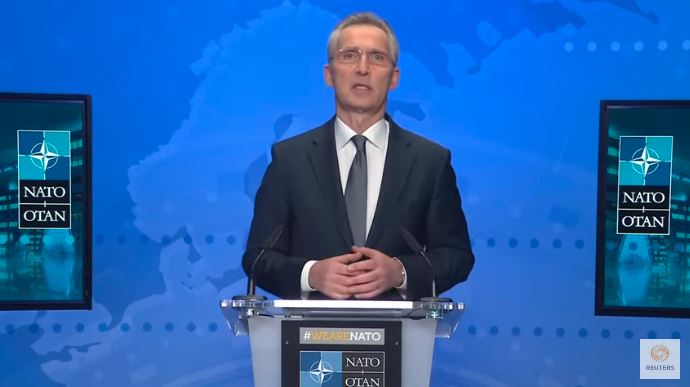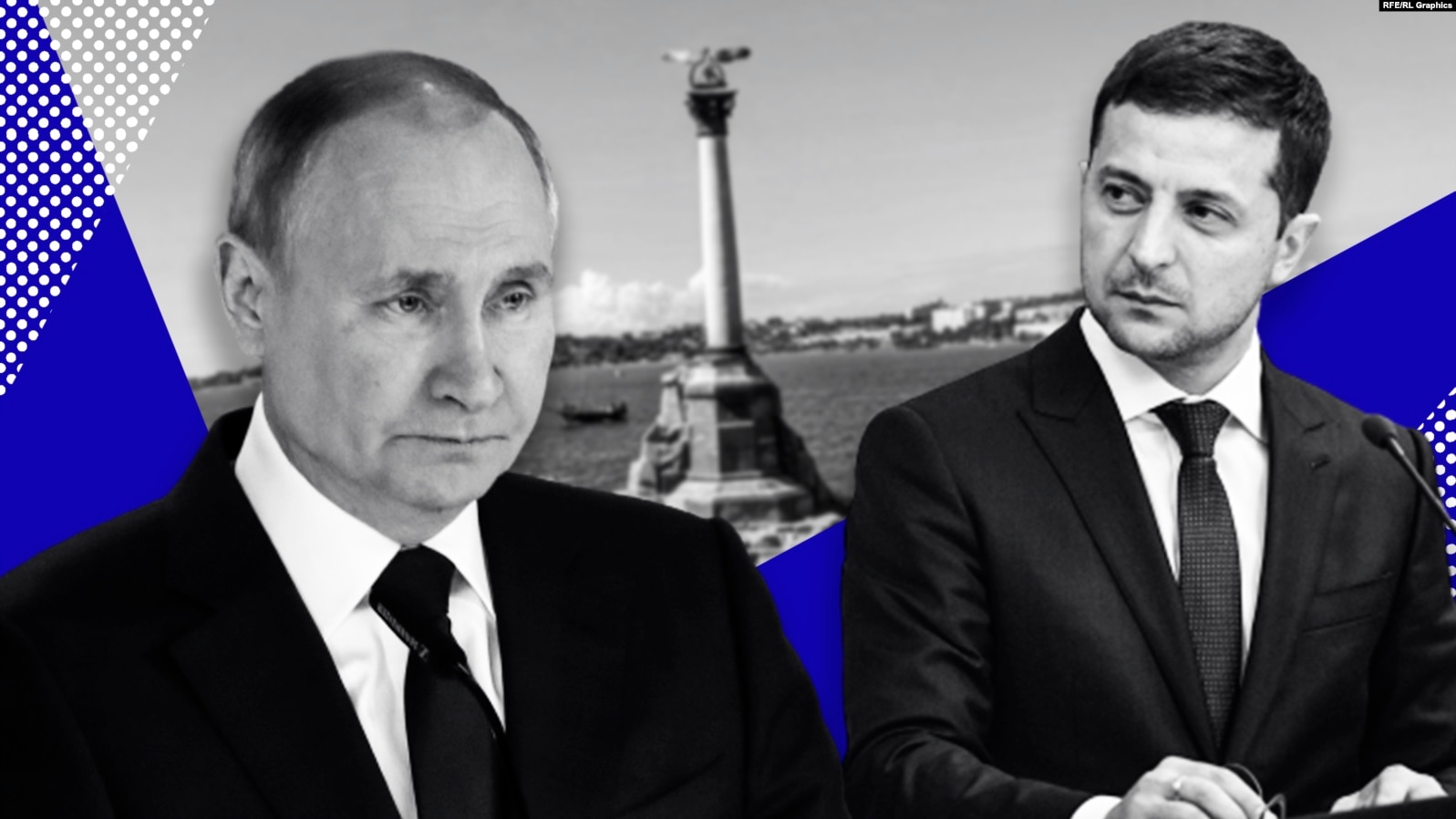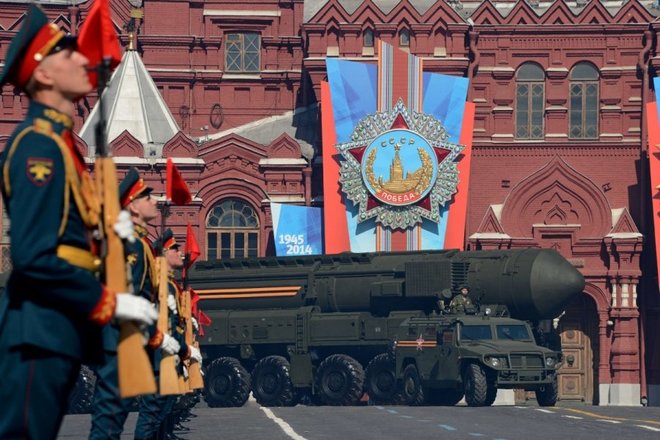The Spanish newspaper EL PAIS has published the classified answers of NATO and the US to demands for “security guarantees” that Russia made after months of saber-rattling on Ukraine’s borders. They reveal that the US and NATO rejected Russia’s key demands of ruling out Ukraine’s and Georgia’s accession and called upon Russia to withdraw from Ukraine, Georgia, Moldova.
On 26 January, the US and NATO delivered separate written responses to Russia’s demands for “security guarantees” which include NATO kicking 14 eastern member states out of the Alliance and ruling out Ukraine’s accession to NATO. Unsurprisingly, the demands were rejected, although the exact texts of the responses were not published (the US one was not published upon request from the Kremlin).
Now, the Spanish newspaper EL PAÍS has obtained copies of the responses and published the takeaways, which are consistent with the West’s messaging to Russia and with the public statements by US and NATO after delivering the responses to Russia.
NATO’s response stresses that the Alliance has taken an effort to build a relationship with Russia through the Partnership for Peace, NATO-Russia Founding Act, and the NATO-Russia Council, and urged Russia to engage in dialogue via the latter.
“No other partner has been offered a comparable relationship or a similar institutional framework. Yet Russia has broken the trust at the core of our cooperation and challenged the fundamental principles of the global and Euro-Atlantic security architecture.”
However, NATO stressed that “the reversal of Russia’s military buildup in and around Ukraine will be essential for substantial progress.”
The Alliance stated that it is ready to engage with Russia through briefings in the NATO-Russia Council and on nuclear policies, engaging to modernize the Vienna Document in the OSCE, increasing transparency of exercises, consulting on cyberthreats, and other measures.
It urged Russia to resume the implementation of the Treaty on Conventional Armed Forces in Europe, return to participation in the Joint Consultative Group, and provide the required annual data, negotiate with the US on arms control and disarmament measures, as well as on ground-based intermediate- and shorter-range missiles.
NATO reaffirmed its commitment to an Open-Door Policy, meaning it rejected Moscow’s demands to rule out the accession of Ukraine and Georgia to the Alliance, and called on Moscow to respect the right of other states to decide their own future.
NATO, US deliver written rejections to Russia’s demands for “security guarantees”
The US statement largely repeated NATO’s position, with the key difference being that Washington is prepared to discuss the concept of “indivisibility of security,” which the OSCE approved at its summit in 2010.
Moscow has included this principle in the first article of its draft agreement, arguing that Ukraine’s possible accession to NATO will affect its security.
The text warns that the United States does not share Russia’s opinion and notes that “the concept of the indivisibility of ‘security’ cannot be considered in isolation.”
Also, the Biden administration is offering Russia “conditions-based reciprocal transparency measures” where Russia and the US would agree to “refrain from deploying offensive ground-launched missile systems and permanent forces with a combat mission in the territory of Ukraine.” For this, Washington proposes consulting with Kyiv.
A number of US proposals include restrictions on missiles, culminating in new disarmament agreements. Washington has said it is ready to begin bilateral talks with Russia on control of short- and medium-range missiles and their launchers.
The document highlights the concerns of Washington and its allies over Russia’s efforts to diversify and increase its nuclear arsenal, develop new intercontinental missiles, and deploy dual and non-strategic missiles near NATO’s borders.
One of Russia’s new ideas is the proposal for a “transparency mechanism” to check the absence of Tomahawk cruise missiles capable of reaching Russian territory at NATO bases. In turn, Washington calls for an identical approach with two bases in Russia.
The US also said it is concerned that Russia has contravened its commitments under the Budapest Memorandum. It also stressed that “further Russian increases to force posture or further aggression against Ukraine will force the United States and our Allies to strengthen our defensive position.”
Related:
- NATO, US deliver written rejections to Russia’s demands for “security guarantees”
- Russia now wants NATO out of Bulgaria, Romania, and 12 other countries
- Russia downscales demands to keeping Ukraine, Georgia out of NATO
- US clears Baltic States, Britain to send American-made weapons to Ukraine: media
- Russia aims to rebuild Soviet Empire, Latvian President says, urging arms for Ukraine








